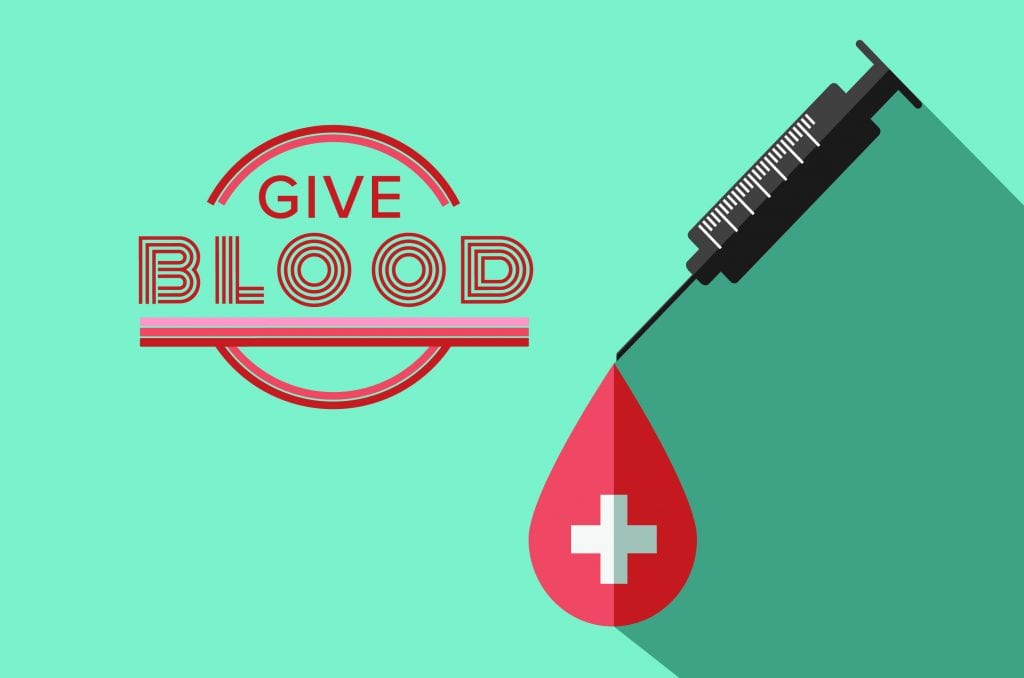It can be easy to forget the importance of blood donations, but January is National Blood Donor Month—the perfect time to consider just how important blood drives are to the health of millions. According to the American Red Cross, someone in the United States needs blood every two seconds. It’s essential for surgeries and treating conditions like cancer, chronic illnesses and traumatic injuries. “It’s critical that we have the supplies necessary for transfusions of all types on hand so people can receive them in a timely and safe manner,” says Mary Jane Thomsen, executive director of the American Red Cross Missouri Region-Greater St. Louis Area chapter.
blood components
“There are typically three blood components we talk about for transfusion,” Thomsen explains. “There are many ways they can be used to help hospital patients.”
Red Blood Cells: The most frequently transfused blood component, it typically is used for surgeries, trauma patients, individuals with sickle cell anemia, and anyone suffering blood loss. Red blood cells can be stored for 42 days after donation.
Platelets: These are tiny cells in your blood that form clots and stop bleeding. They are used in many cancer therapies since a major side effect of treatments is low platelet count. A transfusion also can help with major surgeries, organ transplants and blood disorders. Platelets only have a shelf life of five days, so new donations are needed daily.
Plasma: The liquid portion of blood, it is used to treat burn, trauma and shock patients. Plasma can be frozen and stored for up to one year.
donations + drives
According to Thomsen, there are eight to 13 blood drives daily in the St. Louis area, and the COVID-19 pandemic has not lessened the need for donors. “The necessity of blood transfusions never takes a vacation,” she notes. “Even when scheduled surgeries were postponed in the spring, we needed to ensure that hospitals had supplies of blood components for emergencies and regular treatments.” To keep donors, staff and volunteers safe, the Red Cross requires masks and social distancing and has increased sanitization. “It’s important that people know that when they donate blood, they are doing so in a safe environment,” Thomsen says.
During the pandemic, the Red Cross also has been providing COVID-19 antibody tests for donors. The test determines whether your immune system has responded to the infection, but does not serve to diagnose illness and doesn’t determine if the virus is currently in your body. “It’s helped our donors learn if they’ve been exposed, and we’ve shared the information with local organizations who study transmission rates,” Thomsen says. The antibody testing began in June and will continue through March 31.
Thomsen notes that it’s important for the public to be aware of the need for a diverse pool of donors. “One in three people will need blood, but only 38% of the population is eligible to donate,” she says. “Of that number, only 5% give. It may not be the most comfortable activity, but it’s a rewarding one. You can help save lives at local hospitals.”
For more information about donating blood, visit redcrossblood.org.
